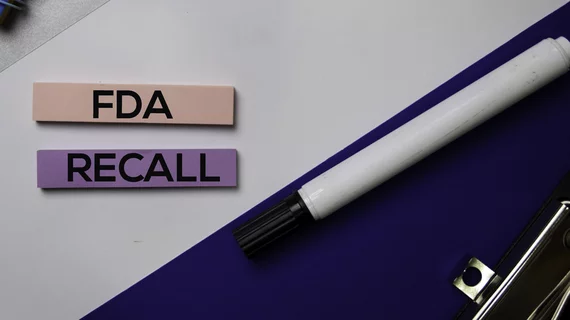FDA announces Class I recall of intra-aortic balloon pumps after 1 death, 71 complaints
The FDA has announced that Datascope/Getinge/Maquet are recalling the Cardiosave Hybrid and Rescue intra-aortic balloon pumps due to fluid leaks.
These devices are typically used when patients are undergoing surgery—cardiac or otherwise—or when they present with acute coronary syndromes or complications related to heart failure.
“Fluid entering the Cardiosave intra-aortic balloon pump may cause unexpected pump shutdown or the inability to initiate therapy,” according to the advisory on the FDA website.
This is a Class I recall, meaning the use of these devices “may cause serious injuries or death.” There have been one death and 71 complaints so far related to the issue.
This recall covers more than 4,000 devices distributed to customers from March 2012 to October 2021. Customers have been asked to immediate evaluate their inventory to see if they have any of the devices. Datascope/Getinge/Maquet plan to have representatives correct these issues by installing internal and external upgrades on every device.
The FDA had previously announced a Class I recall of certain battery packs for the Hybrid and Rescue intra-aortic balloon pumps. This recall was due to batteries failing much quicker than had originally been advertised. There had been six total complaints and no deaths related to that issue at the time of the announcement.

